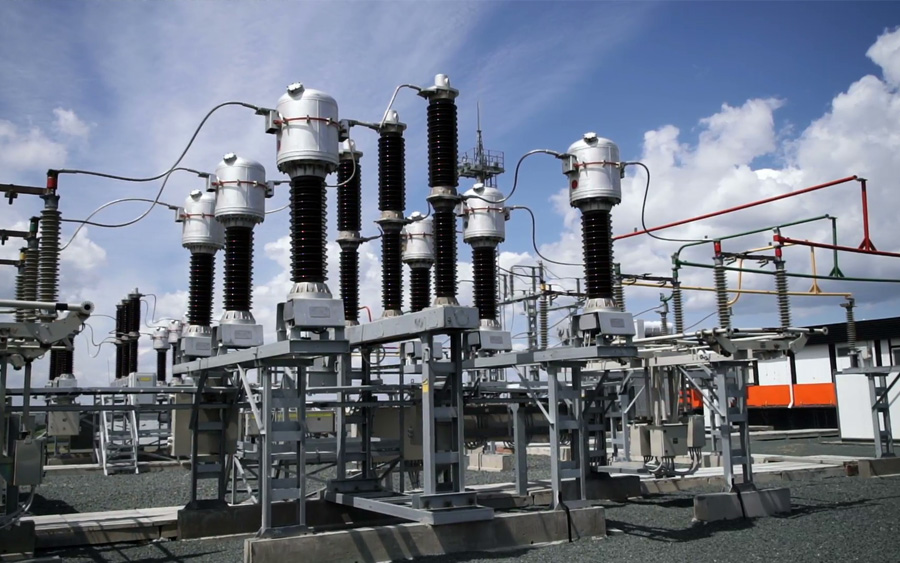The Federal Government under President Bola Ahmed Tinubu has assured Nigerians that round-the-clock electricity supply will soon become a reality, emphasizing that the country is firmly on the path toward sustainability in the power sector.
Minister of Power, Adebayo Adelabu, gave the assurance in Abuja during the commissioning of two blocks containing five training workshops and a 104-room hostel at the National Power Training Institute of Nigeria (NAPTIN).
Adelabu described the development as a milestone for both the institute and the nation’s energy sector. He noted that President Tinubu’s government had shown genuine commitment by “walking the talk and converting vision into action.” According to him, the administration’s initiatives were already yielding results, with Nigeria recently recording its highest power generation and transmission levels in history.

“In no time, we are going to witness a country where there is 24/7 uninterrupted power supply. This is possible and we have certainly seen the signs,” Adelabu said.
He highlighted ongoing projects aimed at electrifying universities, teaching hospitals, primary health centres, public institutions, and communities, stressing that reliable power supply is the backbone of critical sectors such as education, healthcare, and aviation.
Adelabu further emphasized Nigeria’s capacity to achieve self-sufficiency in power infrastructure.
“We have what it takes to start manufacturing our own meters, cables, transformers, transmission transformers, and batteries. We have the brain. We have the people. We must be self-reliant and sustainable, and we are very close to achieving this,” he said.
The minister added that the newly inaugurated facilities underscored government’s dedication to building a skilled workforce capable of tackling challenges in a rapidly evolving energy landscape. He noted that the training centres and hostel would provide young Nigerians with modern tools and knowledge to foster innovation and job creation.
Director-General of NAPTIN, Ahmed Nagode, described the projects as a strong foundation for a brighter future in Nigeria’s power sector. He revealed that the institute plans to form strategic partnerships to implement the Next Generation Rescue Programme, aimed at training and empowering young leaders in the industry.

Nagode also commended the European Union (EU) and the French Government for their support through the Agence Française de Développement (AFD). EU Ambassador to Nigeria, Gautier Mignot, disclosed that the bloc contributed €8 million to the project as part of its ongoing support for Nigeria’s power sector reforms. He explained that the EU has helped NAPTIN develop 95 courses—65 technical and 30 non-technical—and has invested over €200 million in the country’s power sector since 2008.
Mignot added that the EU’s latest renewable energy package for Nigeria, valued at €100 million, is expected to add 400 megawatts of renewable energy by 2027, reaching over five million Nigerians.




